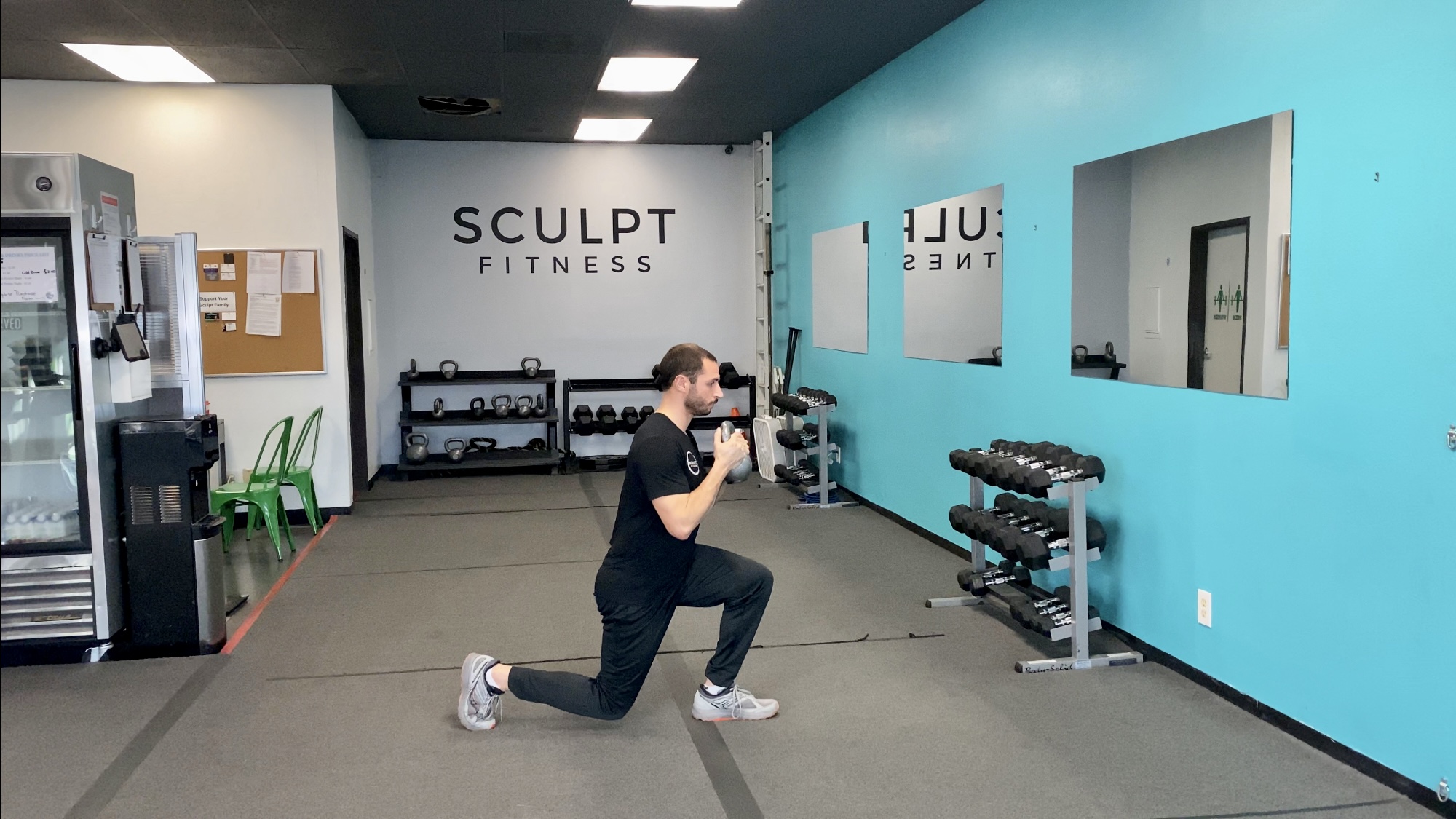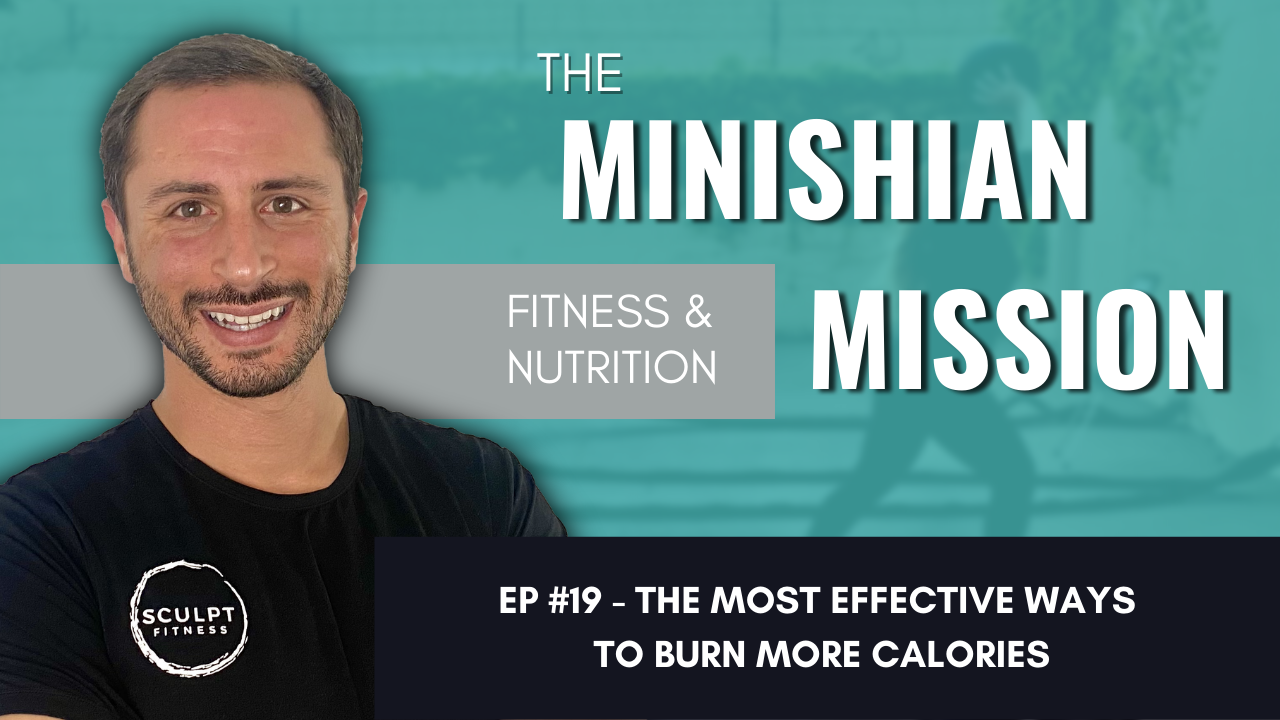
by David Minishian | Dec 22, 2022 | Nutrition, Weight Loss
What you eat has a huge impact on your health and wellbeing, but did you know that making only a few simple diet changes can have an incredible effect on how your body looks and feels – within just two weeks? Here are five simple modifications that could help you achieve seriously impressive results.
1. Reduce Sugar Intake
Reducing the amount of sugar in your diet is a quick and effective way to start seeing results. Studies show that high-sugar diets may lead to weight gain, poor skin health, energy crashes throughout the day, as well as an increased risk for diabetes and other serious illnesses. Aim to reduce added sugars from sources like cakes, cookies, soda and candy – instead try natural sweeteners such as honey or maple syrup in moderation where possible. If you have a craving you can’t resist, try opting for healthier alternatives such as fresh fruit or dark chocolate with at least 70% cocoa content.
2. Increase Protein Intake
Protein helps keep us feeling fuller for longer so it’s important that we get enough of it daily – especially if our goal is fat loss! This macronutrient also helps maintain and build muscle mass which will give our bodies a more toned look over time. Try adding lean proteins such as fish or chicken into meals alongside plenty of vegetables (you can even use them both together in a stir fry dish!). You may want to consider supplementing with protein shakes post workout if you’re not getting enough protein – these are available in many delicious flavors! If you don’t like the protein powder flavor, try mixing it into a fruit smoothie or shake.
3. Cut Out Refined Carbs
Refined carbs like white bread, pasta and crackers have had their nutrients like fiber stripped away during processing meaning they don’t offer much nutritional value compared to whole grain options. Without dietary fiber, they end up spiking blood sugar levels leading us to feel hungry again shortly after eating them – not ideal when trying to lose weight! Switching refined carbs out for whole grains such as quinoa or brown rice will provide more sustainable energy throughout the day while still allowing us to enjoy tasty meals.
4. Increase Water Consumption
We are made of 60% water. Our bodies need water more than anything else so it makes sense that hydrating should be a top priority – regardless of whether we want fat loss or not! Drinking plenty of water improves digestion, assists cardiovascular health, reduces fatigue, prevents headaches, boosts metabolism…the list goes on! Start by drinking 2 liters per day – this is easily achievable by carrying around a bottle with you wherever you go!
5. Add Healthy Fats To Meals
Healthy fats such as avocados, nuts and oily fish contain essential fatty acids which are necessary for many bodily functions including hormone production & absorption of vitamins A & D amongst others. Plus they taste great too – so why wouldn’t we include them?! Try adding avocado slices onto salads; nut butters onto toast/porridge bowls; salmon filets into a stir fry. Get creative with different flavor combinations until you find what you enjoy – healthy eating doesn’t have to be boring!
Making these five dietary changes may seem daunting at first but trust me when I say they’re worth sticking too because before long you’ll begin noticing positive physical transformations both inside & out! Not only will there be visible differences but internal ones too – improved mood due higher nutrient intake plus increased energy levels due lower sugar consumption means this new lifestyle change could really benefit overall wellbeing without sacrificing enjoyment along the way. Give yourself permission today, take charge of your health – remember it’s never too late to start living life better.

by David Minishian | Dec 11, 2022 | Exercise, Fat Loss, Lifestyle Habits, Nutrition, Sleep, Stress Management, Supplements, Weight Loss
Are you looking for ways to kickstart your metabolism and burn fat faster? If so, this article is for you. In this post, we’ll discuss seven easy-to-implement steps that can help get your metabolism up and running in no time. We’ll also share some tips on how to keep it going strong over the long haul. So let’s jump right in!
1. Increase Your Protein Intake
Protein is an essential nutrient that helps to build muscle mass and increase your metabolic rate. Studies have shown that people who consume higher amounts of protein tend to burn more calories than those who don’t eat as much protein. Aim for at least .5 gram of protein per pound of body weight each day. If you’re lifting weights, aim for 1 gram of protein per pound of lean body mass (you’ll need to know you’re body fat percentage to find your lean body mass). Good sources of protein include lean meats such as chicken breast or fish; eggs; dairy products like yogurt or cottage cheese; legumes like chickpeas or lentils; nuts and seeds; tofu; quinoa; tempeh; spirulina; etc.
2. Eat More Fiber-Rich Foods
Fiber helps keep you feeling full longer which can help prevent overeating and snacking between meals – both key factors when trying to lose weight. It also aids digestion by helping food move through the digestive tract slowly which can promote a healthy metabolism. Aim for 25–30 grams of fiber daily from foods such as fruits and vegetables, whole grains (such as oats), beans/legumes (like black beans), nuts/seeds (almonds and flaxseeds are great!), and avocados. Refined and processed foods lack fiber. To consume more fiber rich foods, a good general rule is to gravitate towards whole foods with minimal processing.
3. Stay Hydrated & Reduce Sugary Drinks
Drinking plenty of water throughout the day not only hydrates our cells but also helps with digestion. Being hydrated makes it easier for our bodies to absorb nutrients from food while eliminating toxins at the same time! As an added bonus: drinking enough water will help reduce strong cravings that are often thirst mistaken for hunger leading us down a path toward unhealthy snacks instead of healthier choices. Additionally try to reduce the consumption of sugary drinks like sodas which contain empty calories that won’t nourish our bodies. If soda is consumed regularly over time, this liquid candy will make it more difficult to lose fat and adds extra pounds onto our waistlines…not exactly what we want when trying to slim down.
4. Get Moving & Exercise Regularly
Regular exercise has been proven to not only boost one’s mood but also increases our metabolic rates over periods lasting anywhere from 24 to 72 hours after physical activity has taken place. This means even after having finished exercising there’s still benefit being gained simply because we’ve made exercise part of our weekly routine. As a bonus, if high intensity interval training (HIIT) workouts or resistance based training are used during these exercise sessions our metabolic rate increases significantly more. Moving consistently is the first goal, but the right type of exercise or training can maximize our efforts in terms of the time spent working out – it’s a win-win situation all around!
5. Prioritize Sleep Quality
Getting adequate sleep every night plays a major role in keeping hormones balanced, which helps regulate the appetite and reduces cravings associated with late night snacking binges. Individuals who suffer from a chronic lack of sleep often have unwanted weight gain despite the best intentions to move more and eat fewer calories. Aiming towards 7–9 hours of sleep nightly should be considered mandatory, especially considering how important quality restful sleep is towards overall health. With enough sleep a well rested body can more consistently maintain the positive eating habits that support a caloric deficit. This deficit is required to maximize the rate of fat loss!
6. Reduce Stress Levels
Finding ways to reduce stress levels may seem difficult at first; however there is a huge pay off in practicing stress reducing activities. Living in a state of constant stress promotes higher levels of cortisol. This hormone when chronically elevated can decrease our ability to lose fat. Not only does the hormone physically promote fat storage, but it can inhibit the mental clarity and the decision making ability required to stay on a diet plan resulting in half hearted attempts at staying the course. Luckily, a few simple mindfulness activities when practiced regularly can prevent a state of chronic stress so your body can continue being a fat burning machine. Deep breathing exercises are one proven method that is effective at recentering our body and mind. There are a variety of ways to practice deep breathing as seen in yoga, tai chi, and pilates, but the principle practice remains the same. Start by taking a deep breath in, holding it for 5 seconds, then slowly exhaling. Do this with your eyes closed paying attention to your body and breath. After only 10 repetitions this easy technique can significantly reduce stress and bring clarity back to your body and mind.
7. Supplement Smartly
Supplements aren’t required when creating a healthy lifestyle, but they may offer additional support depending upon individual needs. Whether it’s a protein powder, stimulant, creatine, probiotic, vitamin, mineral, or herb there may be a certain product or combination of products that prove beneficial. However, there are no supplements that should be applied to everyone. When determining if a supplement is right for you, consult your coach and medical team to ensure using the product will safely and effectively supplement your existing diet to help you meet your nutritional needs.
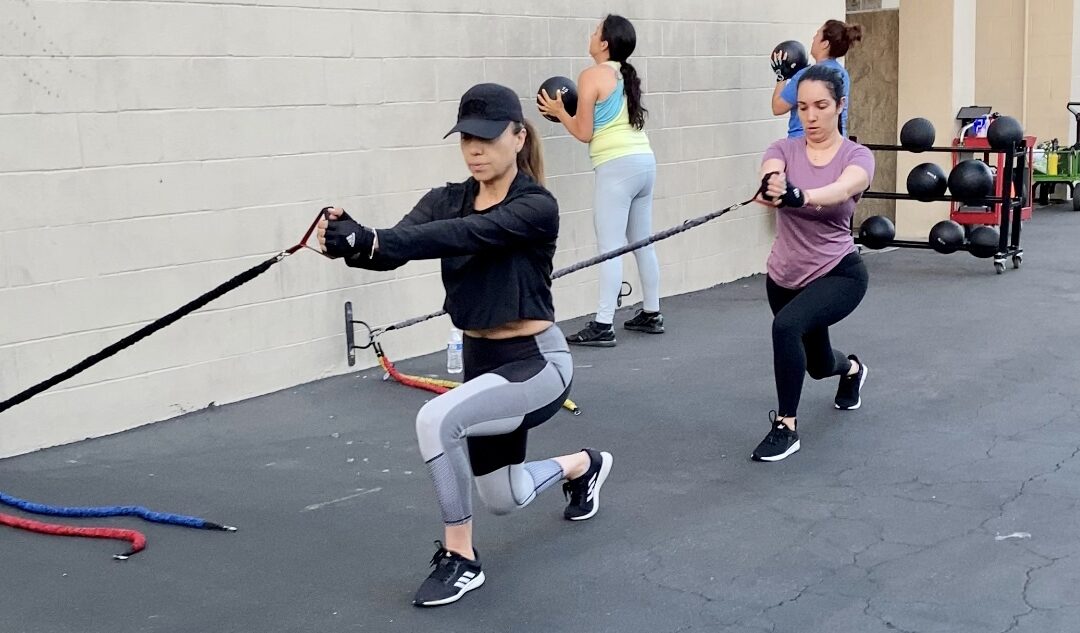
by David Minishian | Dec 7, 2022 | Fitness, Nutrition
Whether you want to lose fat, build muscle, or have more energy, there is a fool proof formula that will guide your way to success.
Follow it and you’ll make large strides toward the results you want.
Here it is…
Exercise x Nutrition x Consistency = Results.
You’ll see why consistency is in bold below.
Let’s break it down.
The Fitness Formula
Exercise: Choose the right exercise routine, using the correct form and progressively increase the difficulty over time. That’s step 1. Don’t overcomplicate it.
Nutrition: Determine how many calories and how much protein your goal requires, choose the meals and foods that make up your way of eating, and pick the practical strategies that will help you meet your nutritional needs.
If you’ve planned out the exercise and nutrition but not had success in reaching your fitness goals, it could be that your plan was not right for you. However, for many consistency is the real stumbling block.
The best plan in the world won’t deliver results when you are not consistent.
Since consistency is the most important part, here are a few strategies that will help you crack the fitness formula and accelerate your results:
- Find a committed workout buddy
- Create a self-rule stating your daily or weekly bare minimums
- Schedule times each week dedicated to only your goals
- Join a program that will provide structure and accountability
- Hire a coach that’s committed to your success
These changes are about creating an environment that promotes your success.
Being consistent is a mental game. There will be days when you don’t feel motivated, when your self-discipline is lacking. On those days, you will fall back to the environment you created and if it is strong, you’ll win the mental battle.
So plan for it. Be prepared.
When you implement the exercise and nutrition consistently, amazing results will follow.
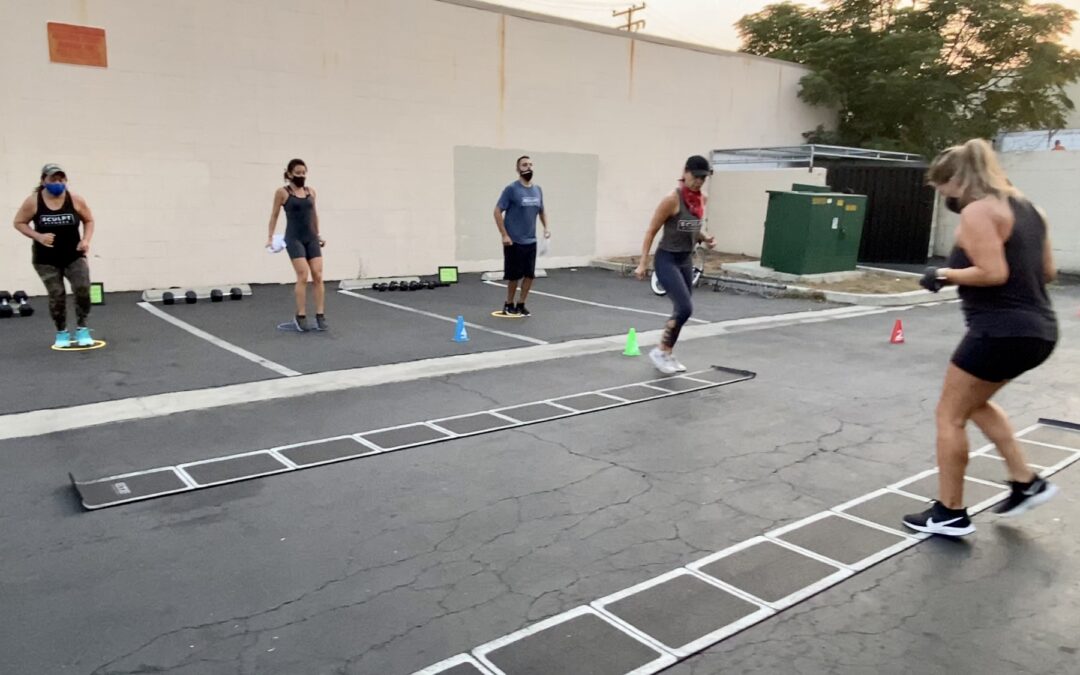
by David Minishian | Dec 2, 2022 | Fitness, Nutrition, Weight Loss
Plateauing is inevitable, but there are steps to beat it.
Remember when you started working out and how your body reacted. First, you had muscle soreness and fatigue, but after a couple months you saw your body composition change.
It’s a great feeling seeing the results.
But eventually the results will stop if you continually put the same amount of physical stress on your body.
Why?
Your body “gets used to it.”
When you feel you are not getting the best results from your workout, or you don’t see the numbers change in the direction you want them to — follow the guidelines below.
4 Steps to Overcome A Weight Loss Plateau
These suggestions will help you overcome the plateau and see more results:
- Add more daily physical activity
- Pay attention to your eating habits
- Progress your strength training routine
- Work with a coach to evaluate the next best steps
These are the basics. Let’s consider why.
1. Incorporating more movement will increase your caloric deficit. The bigger the deficit the more weight you’ll lose. Little things like taking walking breaks, parking further away from the entrance while running errands, or taking the stairs adds up. Look for the simple ways to move.
2. Overeating is the most common reason to plateau. As you lose weight, your Basal Metabolic Rate will decrease. This is the number of calories your body requires to live and breathe. This happens because you’re losing weight. This weight required calories. To account for this and stay in a caloric deficit, you need to gradually decrease the number of calories you eat. This may require paying closer attention to what and how much you eat.
3. By progressively increasing the difficulty of your workout routine, you are telling your body to adapt and change to overcome the new challenge. There are a couple ways to do this. You can lift heavier, do more repetitions, add an extra set, increase the exercise range of motion, or even add an extra workout to your week. These progressive changes will help you build more muscle and reduce your body fat percentage. Since these change also take more work and all work uses calories, you’ll increase your caloric deficit and lose more weight.
4. There may be nuanced reasons you aren’t losing weight. Sometimes these are reasons you aren’t seeing and others times you recognize them but are struggling to overcome them. If this is you, working with a professional may prove to be beneficial. Working with a coach will provide the accountability, support and guidance you need to start taking the right actions to reach your goals.
When you plateau, do not get discouraged. It happens to everyone!
Plateauing is your body’s way of saying I’m ready to take on harder challenges. There are many changes you can make to overcome a plateau and surpass the goals you set for yourself.
Make the right changes and results are bound to happen.
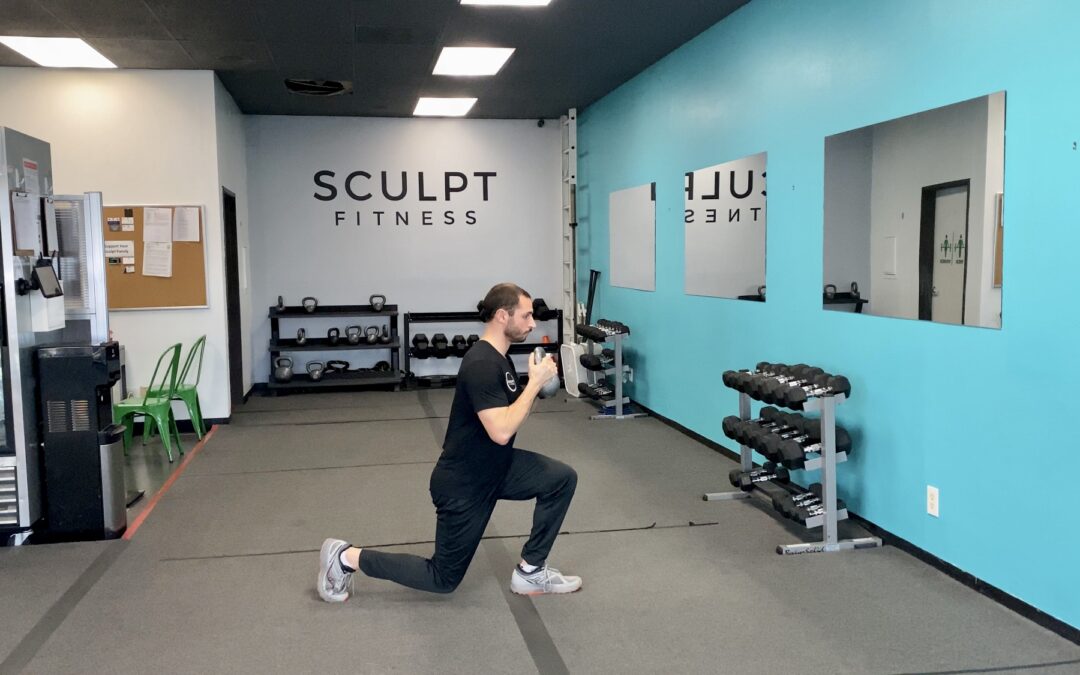
by David Minishian | Nov 30, 2022 | Fitness, Legacy, Nutrition
You have probably heard that “You need to be in a calorie deficit to lose weight.”
It’s true.
You can’t lose weight without consuming less calories than you burn.
However, I’m sure you don’t want to “lose weight”…you want to lose fat specifically.
To target fat loss, these are 2 important principles to follow.
- Be in a caloric deficit
- Focus on building muscle
But how do you put these principles into practice to maximize fat loss?
Caloric Deficit
First, reach a caloric deficit by decreasing your caloric intake and increasing your caloric output.
You’ll want to focus on decreasing your caloric intake with these 3 main concepts:
- Portion control
- Practicing nutritional balance
- Implementing meal timing strategies
To increase your caloric output, workout 3-4 days a week for 45 minutes starting out.
You can gradually increase this to 4-5 days a week, but don’t try to increase your exercise routine to outwork poor nutritional decision.
…it never works long term.
By following Principle 1 – Be in a caloric deficit, you will lose weight. However, you don’t want to lose just any weight, you want to lose fat specifically. This is why it is also important to follow Principle 2 – Focus on building muscle.
Building Muscle
To build muscle, eat sufficient protein and consistently follow a strength training routine that is sustainable for you.
Without enough protein, you won’t optimize fat loss and instead lose more lean muscle mass in a caloric deficit.
With enough protein and a regular strength training routine, you will build or maintain muscle mass so the weight lost in a caloric deficit is fat, not muscle.
When you follow both principles together, you optimize fat loss.
Here is what one of our Small Group Members accomplished in 3 months following this advice:
- -7.3% in Body Fat
- -11.7lbs of Fat
- +5.6lbs of Lean Body Mass
- +3.7lbs of Muscle Mass
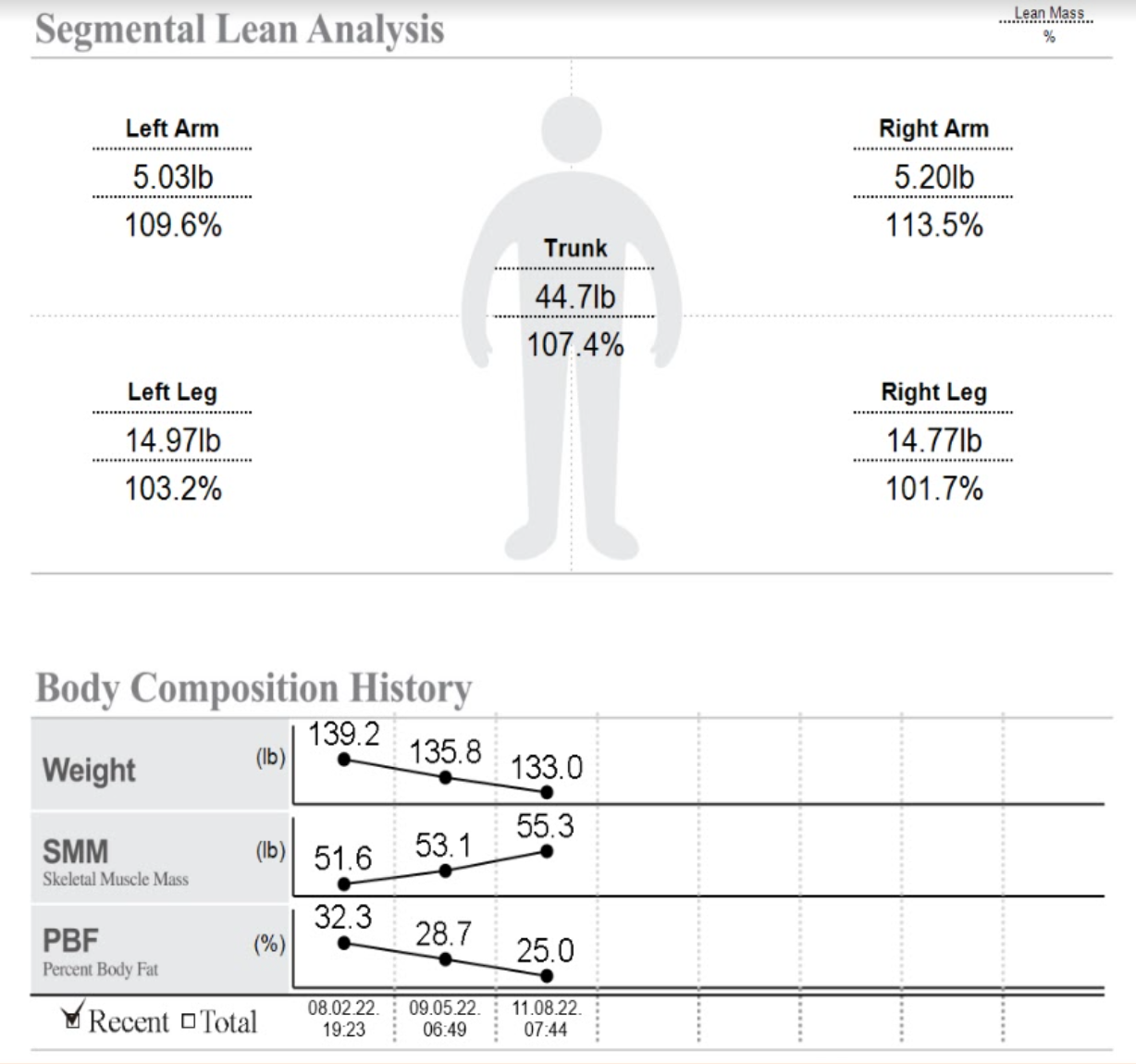
Calculators
The BMR Calculator will tell you how many calories you need to eat to maintain, lose or gain weight.
The Protein Calculator will tell you how grams of protein you need to preserve your muscle and lean body mass while in a caloric deficit. Start with the lower number and gradually increase it if desired results are not achieved.
Ready to build the body you want with a sustainable lifestyle?
Fitness and Nutrition Coach
David is the owner and head coach at Sculpt Fitness in Long Beach, CA. He leads the mission at Sculpt to educate, equip, and empower the local community to make the best decisions for their health. For over 10 years he has coached exercise and nutrition, helping clients create sustainable lifestyle to build the body they want. When he's not training, coaching or cooking, David is on an adventure with his wife and kids or teeing up his next shot on a golf course.
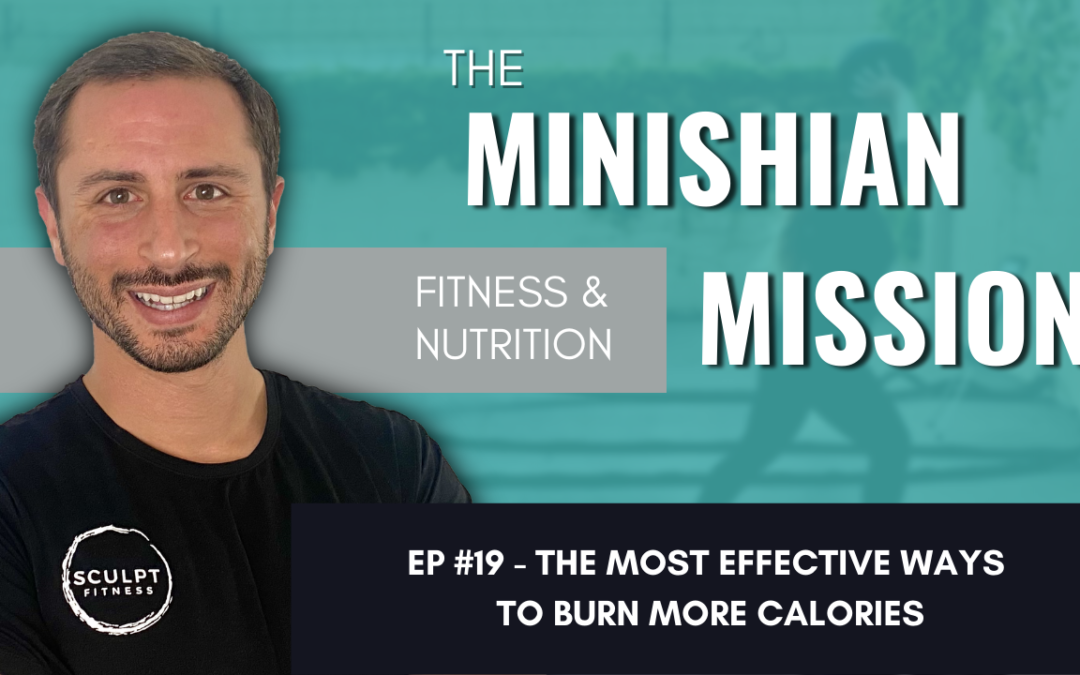
by David Minishian | Nov 16, 2021 | Fitness, Nutrition, Podcasts
To burn more calories, do the things that would change your body composition.
The Most Effective Ways To Burn More Calories
The most effective ways to burn more calories are going to come from the activities that cause your body composition to change. That does not mean an endless amount of cardio! That can, and most often does, get in the way of building muscle and losing weight in a sustainable manner anyways.
In This Episode
- [00:26] – Strength Training
- [01:14] – Staggering Workouts
- [02:20] – Moving More
- [03:02] – Increase Intensity
- [03:46] – High Protein Diet
When you start Strength Training, you tell your body you want a composition change. Your body begins to burn fat and put on lean muscle mass, which causes you to burn more calories through the day, further helping your body composition change. — David Minishian
Resistance Based Strength Training
When you are strength training you are changing your body composition. You increase the amount of lean muscle mass on your body and that naturally causes you to burn more calories throughout the day on top of the calories you burn actually exercising. An important thing to note: after a while of doing the same or similar workouts your body adapts and it becomes easier, meaning that you won’t be getting the same benefits you once were. You begin to burn less calories and gain strength slower, that means it’s time to up the intensity.
Stagger Your Workouts
Staggering your workouts help you get all the benefits of your workouts and recovery periods. It is better to spread your workouts evenly through out the week so you can take advantage of the effects of consistency. Your body burns more calories than normal up to 72 hours after a workout, so you want don’t want to go long periods of time not working out and going stagnant. If you are working out 3 times a week, you would gain more from your efforts if you have them spaced out, something like Monday, Wednesday, Friday instead of clumping them together like Monday, Tuesday, Wednesday. This also applies to your activity outside of the workouts, moving more in general will promote more calorie burn through physically moving more and staying busy so that there is less “accidental” eating.
High Protein Diet
Those who focus on a high protein diet actullay burn more of the calories they consume then someone who doesnt consume as much protein. Out of the 3 Macro Nutrients, protein actually requires the most energy, the most calories, to break down and digest. So outside of protein rebuilding the damage to your muscles to get stronger and burn more calories in a day anyways, it also helps you burn even more calories through digestion.
Ready to build the body you want with a sustainable lifestyle?
Fitness and Nutrition Coach
David is the owner and head coach at Sculpt Fitness in Long Beach, CA. He leads the mission at Sculpt to educate, equip, and empower the local community to make the best decisions for their health. For over 10 years he has coached exercise and nutrition, helping clients create sustainable lifestyle to build the body they want. When he's not training, coaching or cooking, David is on an adventure with his wife and kids or teeing up his next shot on a golf course.





